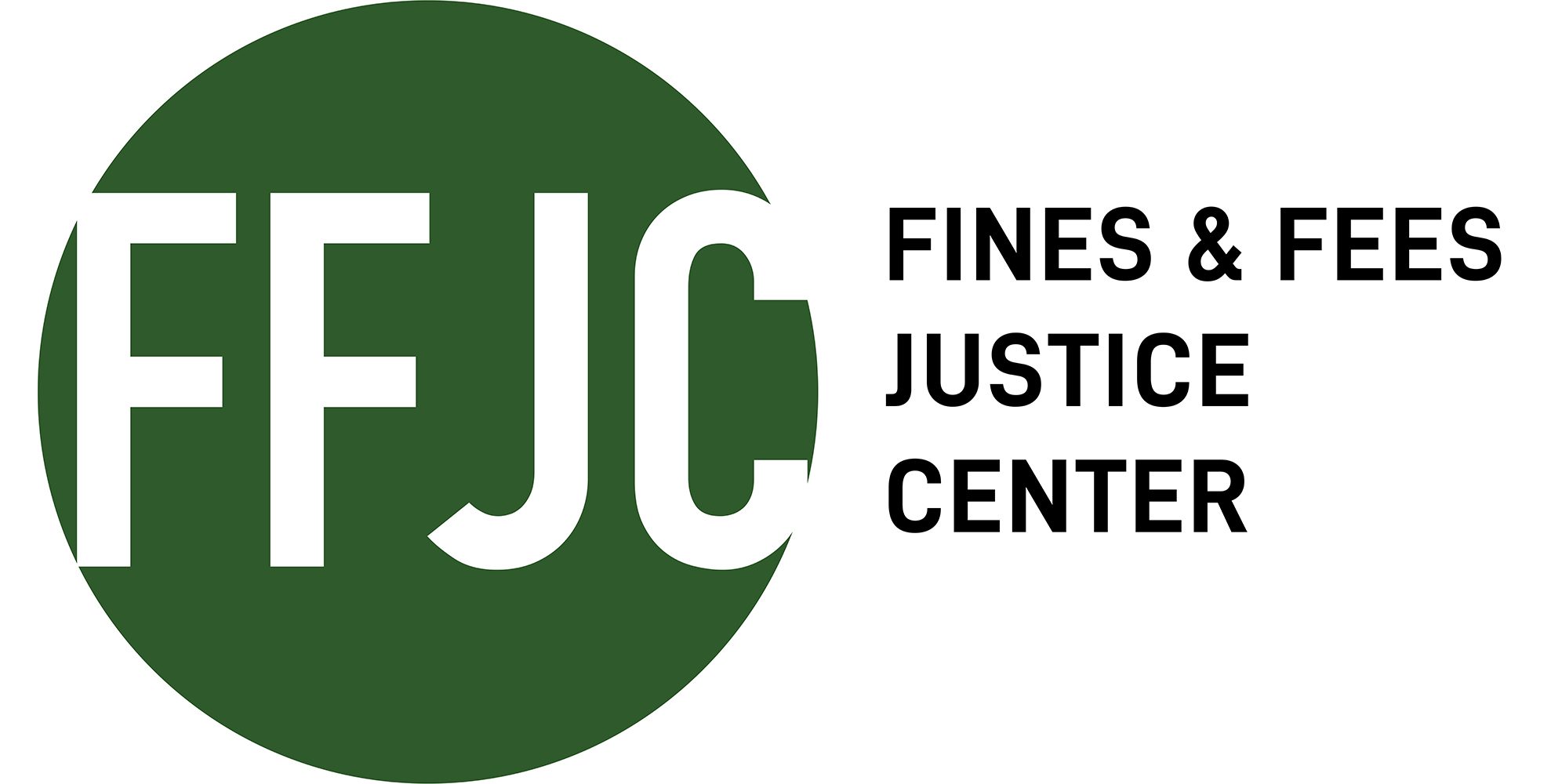Proportionate Financial Sanctions: Policy Prescriptions for Judicial Reform
In this report, the Criminal Justice Policy Program (CJPP) at Harvard Law School proposes a framework where courts would impose means-adjusted fines as a proportionate sentence for an offense. The authors assert that by adopting the proposed recommendations, courts can ease or prevent the worst harms that excessive financial sanctions create for poor people without waiting for legislative reforms.
